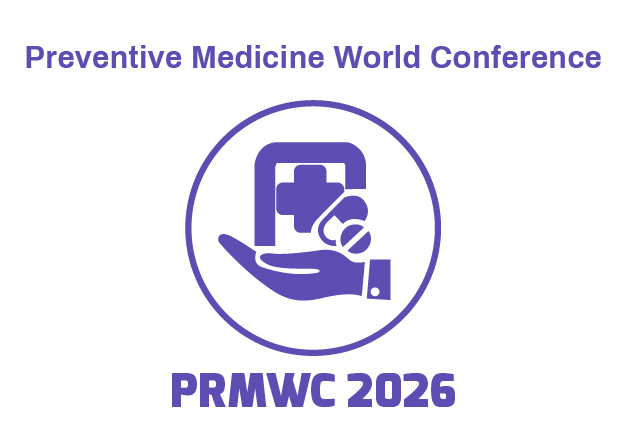Speakers - 2025

Andrea Hincapie Bendeck
Andrea Hincapie Bendeck
- Designation: West Virginia University School of Medicine
- Country: United States
- Title: A Programmatic Review of A Culinary Medicine Program at West Virginia University School of Medicine
Abstract
The Culinary and Lifestyle Medicine Track (CLMT) at West Virginia University School of Medicine offers medical students hands-on culinary training and community-based nutrition education. This programmatic review assesses student participation and the impact on patient care. Mixed methods, including surveys and questionnaires, were used to gather feedback from graduates. Since 2017, 40 students have completed the track, with 12 passing the Certified Culinary Medical Specialist exam at a 100% success rate. All students participate in nutrition and wellness initiatives. Exit surveys reveal increased confidence in applying nutrition principles in clinical care, highlighting the track’s role in integrating practical nutrition knowledge into patient interactions.
Purpose:
This study evaluates medical student engagement in community-based nutrition education through CLMT and explores graduate perspectives on culinary training and its impact on patient care.
Study Design/ Methodology:
This qualitative study uses mixed methods to examine student experiences in CLMT. A curriculum review was conducted alongside exit surveys and questionnaires completed by graduates from the classes of 2022 and 2023.
Findings:
Since 2017, 40 students have graduated from CLMT and matched into diverse residency programs. Twelve passed the Certified Culinary Medical Specialist exam. All students participated in nutrition-focused community service, including cooking demonstrations and wellness discussions. Exit surveys report increased readiness to apply nutrition knowledge in clinical settings and carry these skills into residency and beyond.
Practical/ Social Implications:
The CLMT equips future physicians with tools to address chronic disease through lifestyle counseling and nutrition education. The program promotes patient-centered care and provides a model for integrating culinary medicine into medical curricula. Other institutions may replicate this approach to enhance preventive care competencies among trainees.
Conclusion:
The WVU CLMT reflects a shift in undergraduate medical education. By connecting nutrition science with community engagement, it prepares students to address lifestyle-related health concerns in diverse practice settings.
Keywords:
Education, Lifestyle medicine, Community-based practice

